Description
Succeed in the course with BIOCHEMISTRY. The authors’ innovative conceptual and organizing “Essential Questions” framework guides you through course concepts in a way that reveals the beauty and usefulness of biochemistry in the everyday world.Offering a balanced and streamlined presentation, this edition has been updated throughout with new material and revised presentations.
This book is integrated with OWL, a powerful online learning system for chemistry that will help you improve your grades and master course concepts.
View more
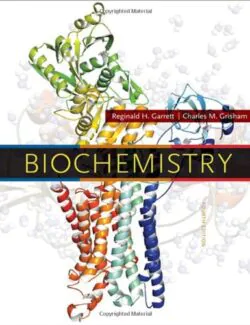
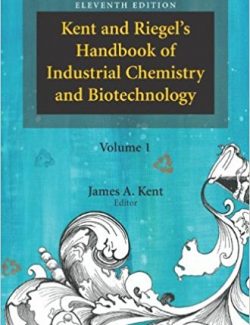
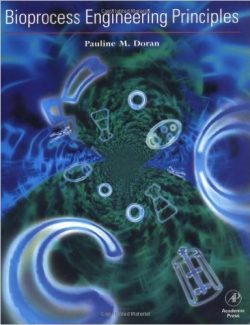
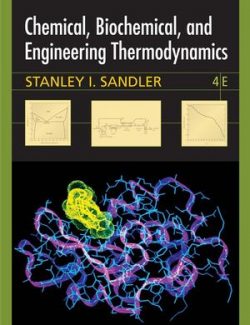
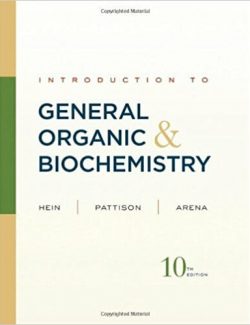
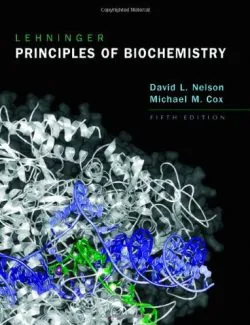
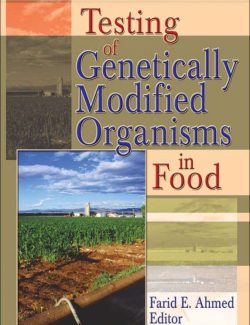
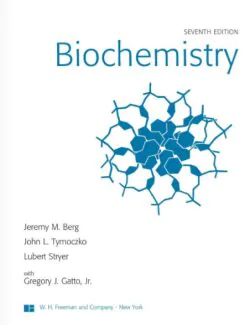
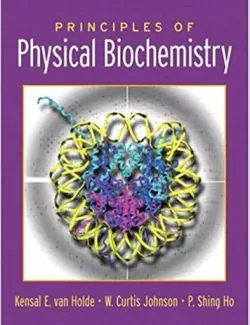
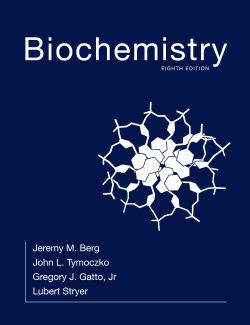
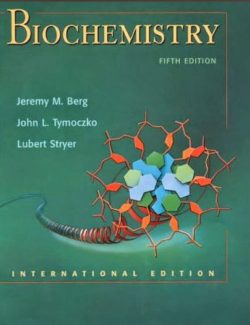
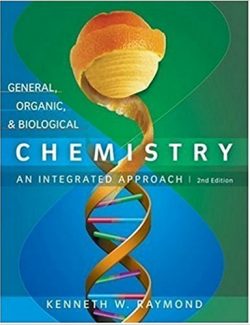
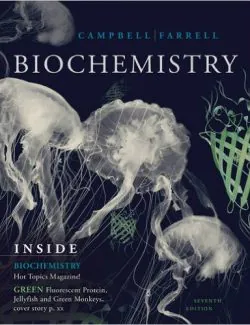
Leave us a comment
No Comments